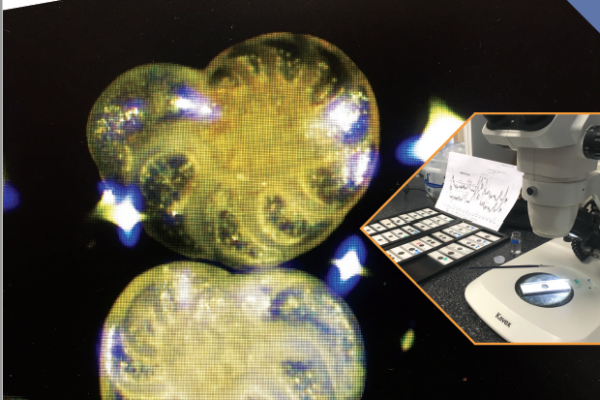Category: News

Annual Review 2023
Read More
Project Title: In what ways were evolving concepts of national identity visible in Scottish country houses during the long eighteenth century (circa 1660 to 1830)?
The eighteenth century can be considered a crucial period in the development of Scottish national identity; the 1707 Acts of Union, the Jacobite risings, and Scottish involvement in the newly created ‘British’ empire all had a significant impact on how Scots understood and visually expressed themselves. Similarly, the long eighteenth century can be identified as a crucial period of development for Scottish country houses, with the castellated architecture of previous eras giving way to Classicism before making an exuberant return in the form of the Scottish Baronial style.
The interconnections between these developments – specifically, the varying ways in which the design, decoration and furnishing of eighteenth-century Scottish country houses displayed national identity and evolved in harmony with it – have yet to be fully examined. My doctoral studies aim to remedy this lacuna.
My research will question whether ‘castle-like’ architecture remained a key signifier of Scottish national identity throughout the long eighteenth century as well as exploring the many other ways in which Scottish country houses reflected their geographical placement and patrons’ sense of national identity. By including the study of interiors and furniture alongside architecture, I will consider houses as complete entities rather than just architectural shells, enabling me to gain a clearer understanding of the diverse ways in which they were distinctively Scottish.

Awarded: Carnegie PhD Scholarship
Field: History of Art
University: University of Edinburgh